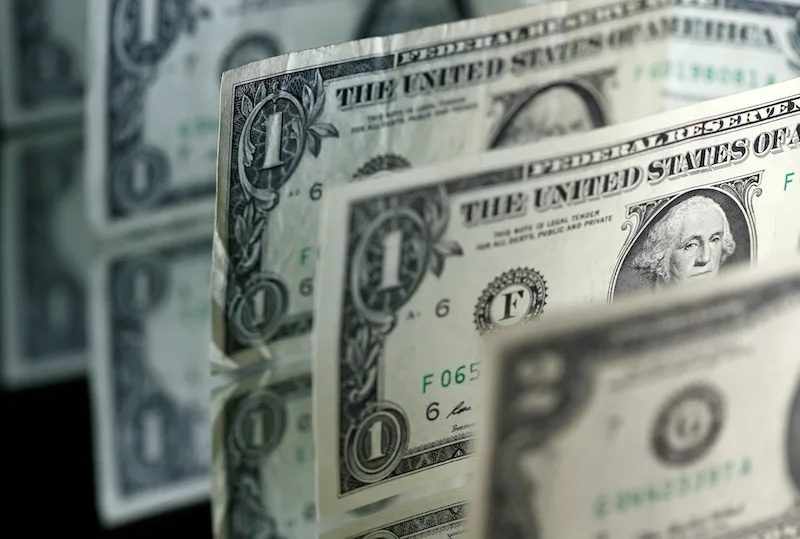Amsterdam Is Having a Financial Renaissance. Europe Must Take Note
- Date: 28-Dec-2021
- Source: Asharq AL-awsat
- Sector:Financial Markets
- Country:Middle East
Amsterdam Is Having a Financial Renaissance. Europe Must Take Note
Amsterdam’s historical significance for global capitalism is hard to overstate. It created the stock market, the tulip bubble and a mega-corporation so big it had its own money, army and colony. Economists later wondered if there was something almost spiritual in the way the Dutch took to money.
That fascination ebbed as empires fell and the era of global investment banking began, pitting Wall Street against London. The messy carve-up of Dutch bank ABN Amro in 2007 signaled the party’s end. The pride of Dutch finance became tax planning, shell companies and … Shell’s companies.
Yet this year Amsterdam has enjoyed a new kind of Golden Age — financially speaking, at least, as the city slides into lockdown this winter. It’s one of several financial hubs pulling in more business after the UK’s departure from the European Union’s single market, and arguably the one that’s most outperformed expectations. Its gains could prove fleeting, though, if the rest of the continent fails to build on its success.
Royal Dutch Shell plc may be quitting the Netherlands for the UK, but plenty of financial traffic has gone the other way since Brexit. The end of unfettered EU market access for the City of London turned























